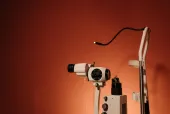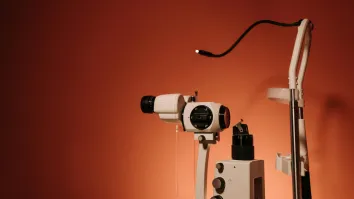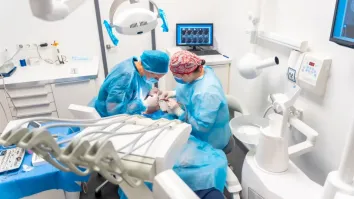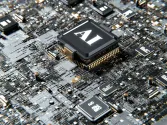
Chinese startups employ robots as doctor shortage worsens
Online clinics may soon be the new norm.
Chinese healthcare startups are using artificial intelligence (AI) to combat the country's worsening doctor shortage.
For instance, Ping An Good Doctor (PAGD) has launched a smart wristband which can identify human pulse. Its tested results and the statistics are automatically sent to the user's mobile phone and the online doctor from Ping An Good Doctor, to support the consultation by traditional Chinese medicine doctors.
PAGD has also unveiled so-called "one-minute clinics", which provide AI-assisted medical consultations through bluetooth earphones.
After the consultation, patients could also purchase the medicine from the smart medicine cabinets nearby if needed.
Ping An Good Doctor is also working on integrating Traditional Chinese Medicine into its AI services.
Currently, it offers a fully online traditional Chinese medicine consultation process. After consultation, the system will transfer the integrated results to a doctor's workspace, Then recommend the prescription of Chinese medicine.
Less than 10 percent of China's hospitals are considered high-level facilities, but they treat half of the country's patients, according to a 2017 State Information Center report.
Through AI-assisted services and remote communications, patients from second- and third-tier cities can access professional advice from qualified doctors based in big cities.
Photo from Ping An Good Doctor



















 Advertise
Advertise





